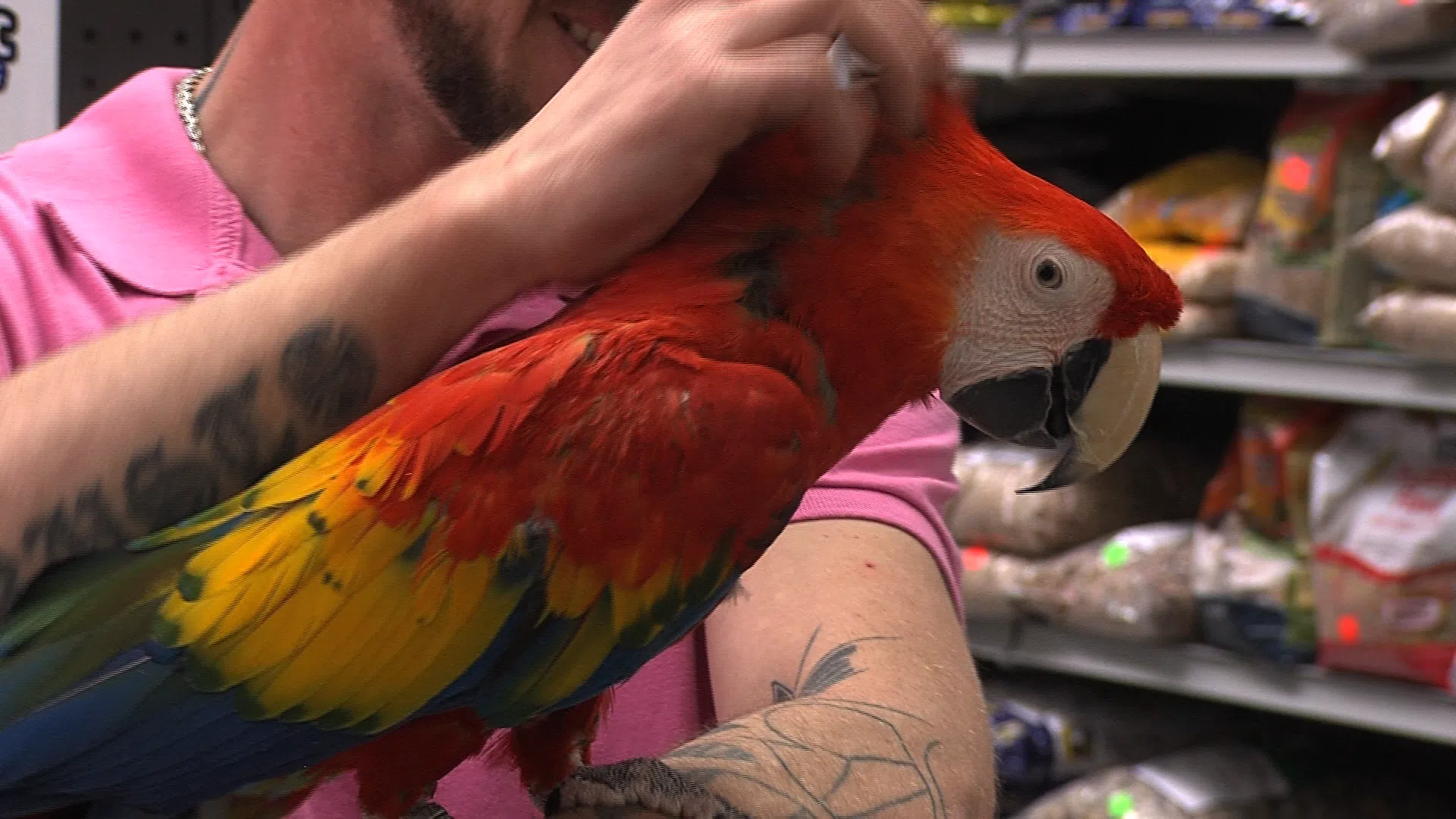
Pets being told ‘paws off’ ahead of marijuana legalization
MEDICINE HAT, AB — The legalization of marijuana expected next year will make it easier to access cannabis, but there’s always the potential of it ending up in the wrong hands.
Animals are curious by nature and are constantly sniffing and licking anything they find.
Sometimes, taking something that doesn’t belong to them even becomes a game.
